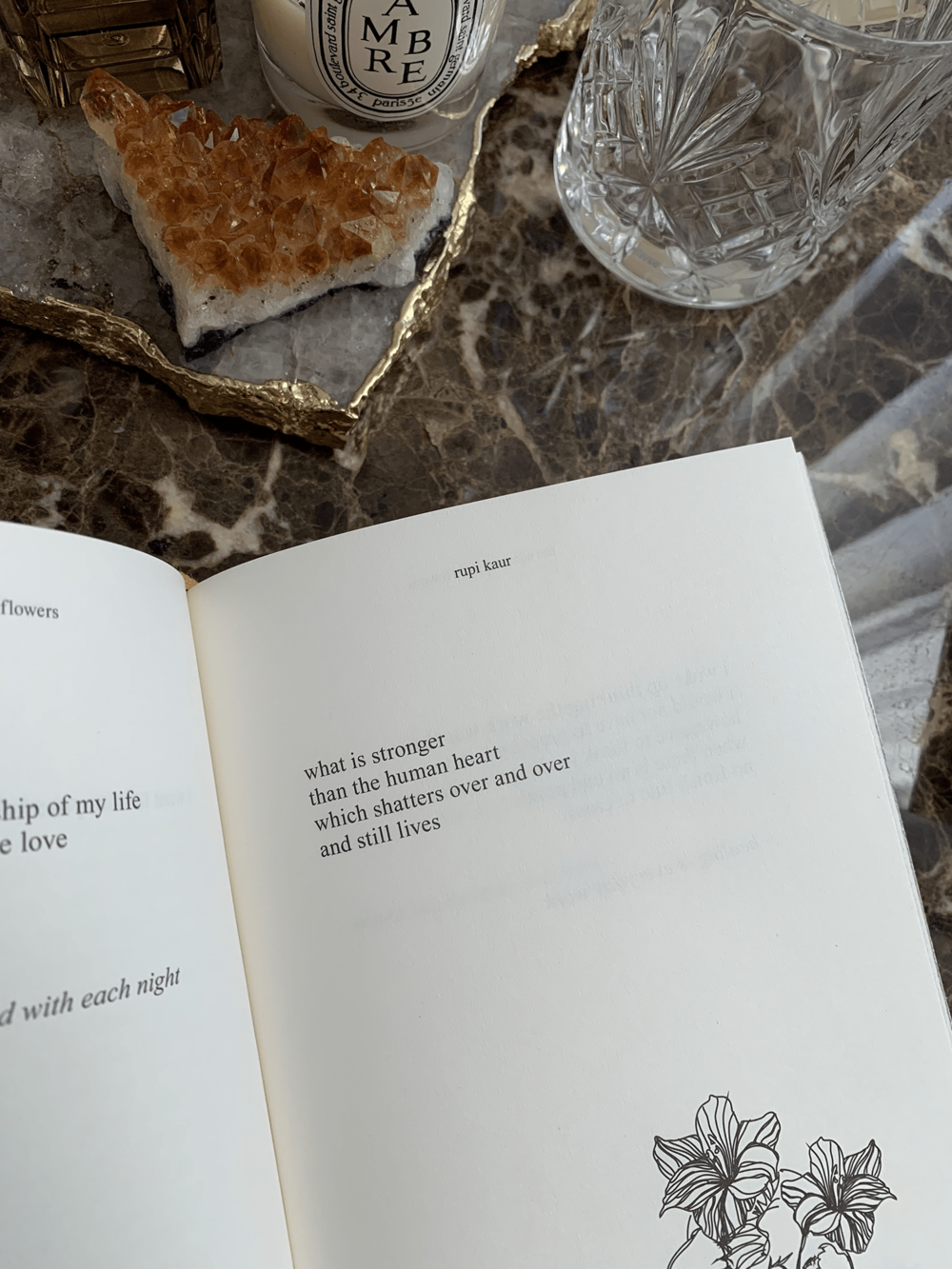Poetry, like prose, is one of the main types of the art of the word, which is important in the world literature of different eras and generations.
Since ancient times, starting from the Middle Ages and ending with the recent past, poetry has manifested itself in all spheres of human life: either in everyday life, or at work, or even in war. Just remember how the people sing cheerful songs at the holidays, or how the soldiers sing with a patriotic spirit before the battle. Beautiful knights of the Middle Ages sang serenades under the balconies of charming ladies, and noble gentlemen of the 19th century recited poems to their dear ladies.
This is how they all expressed their feelings. With the help of poetry, one can easily convey the mood and emotions of a person, his attitude to a particular event, the most tender and sublime feelings.
Lyrics or a novel in verse, a drama or a poem are, first of all, poetic works that differ from prose in the ways of organizing artistic speech and rhythm construction. In poetry, the interaction of poetic form with words creates the subtlest shades and shifts of artistic meaning, which cannot be realized in any other way.
Beautiful and varied
Many masters of the word, famous, well-known and not so, share their joy, sadness, admiration, excitement, wisdom, courage or fear with the help of poetry.

But poetry is not only beautiful, it is also diverse. Such works as haiku or tanka can also be called poetry, despite the fact that they do not have any rhyme and a certain rhythm. In these “free verses” one can also see the same human feelings, the beauty of nature, etc.
Probably, even today poetry is a faithful traveler throughout a person’s life. Spring and autumn, sunsets and sunrises, romance and love, trills of birds and the sound of the surf – all this is poetry, which we often do not notice in such simple and familiar things.
Poetry in human life
Among the people who read there are also lovers of poetry, because it is impossible to live without poetry. A person may not have a favorite poet, but everyone has a poem that did not leave him indifferent.
Good poetry is always a mystery. Poems can, and sometimes need to be analyzed. It is often difficult to understand poetic lines the first time.
To understand the poem, you need to see and hear a lot. After all, we, having sight, do not notice much; we hear, but do not always delve into the meaning of what is said. Sometimes it happens that, after reading a poem, you seem to be surprised: you saw something that you had not paid attention to before.
Often the question arises: “What is poetry for?” Probably, first of all, in order to enrich a person emotionally. Poetry is life, it is a dream and, of course, it is love. Not for nothing that all poets have beautiful poems about love.
Poetry is an amazing thing.
It makes us look at the world in a new way. It makes it possible to express the feelings that have accumulated in the heart.

Poetry elevates us above the world of everyday life, everyday life and enriches us spiritually. It helps us to be kinder, more determined, more gentle, more courageous.
Lyric poetry takes its name from the Greek word lyre. This is a musical instrument that the ancient Greeks played to accompany themselves when they sang. The very name of lyric poetry indicates its close connection with music: both express different feelings of the heart.
While the epic depicts the external (objective) world, the subject of the lyrics is the inner (subjective) world of the poet, his personal feelings caused by some object or phenomenon.
Lyric poetry includes not only those poems in which the poet expresses his feelings directly, from his face, but also those in which he expresses them mediocrely, that is, by the imagination of external objects and phenomena, which from beginning to end is imbued with his feeling, his spiritual mood.
Lyric poetry serves to express strong feelings, and since they usually do not last long, lyric works are always small. Whereas epic works sometimes make up entire volumes (for example, poems, novels), lyric works in most cases consist of several lines. The poet expressed his feeling – and puts down his pen.
